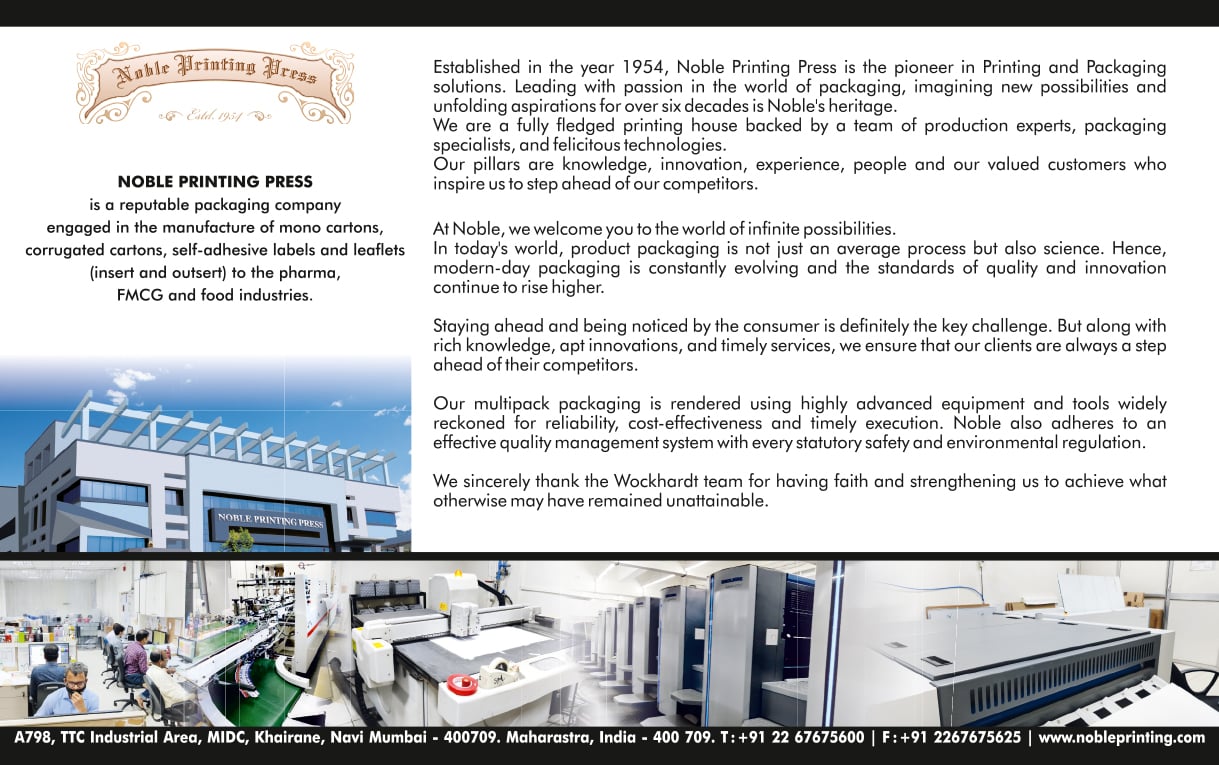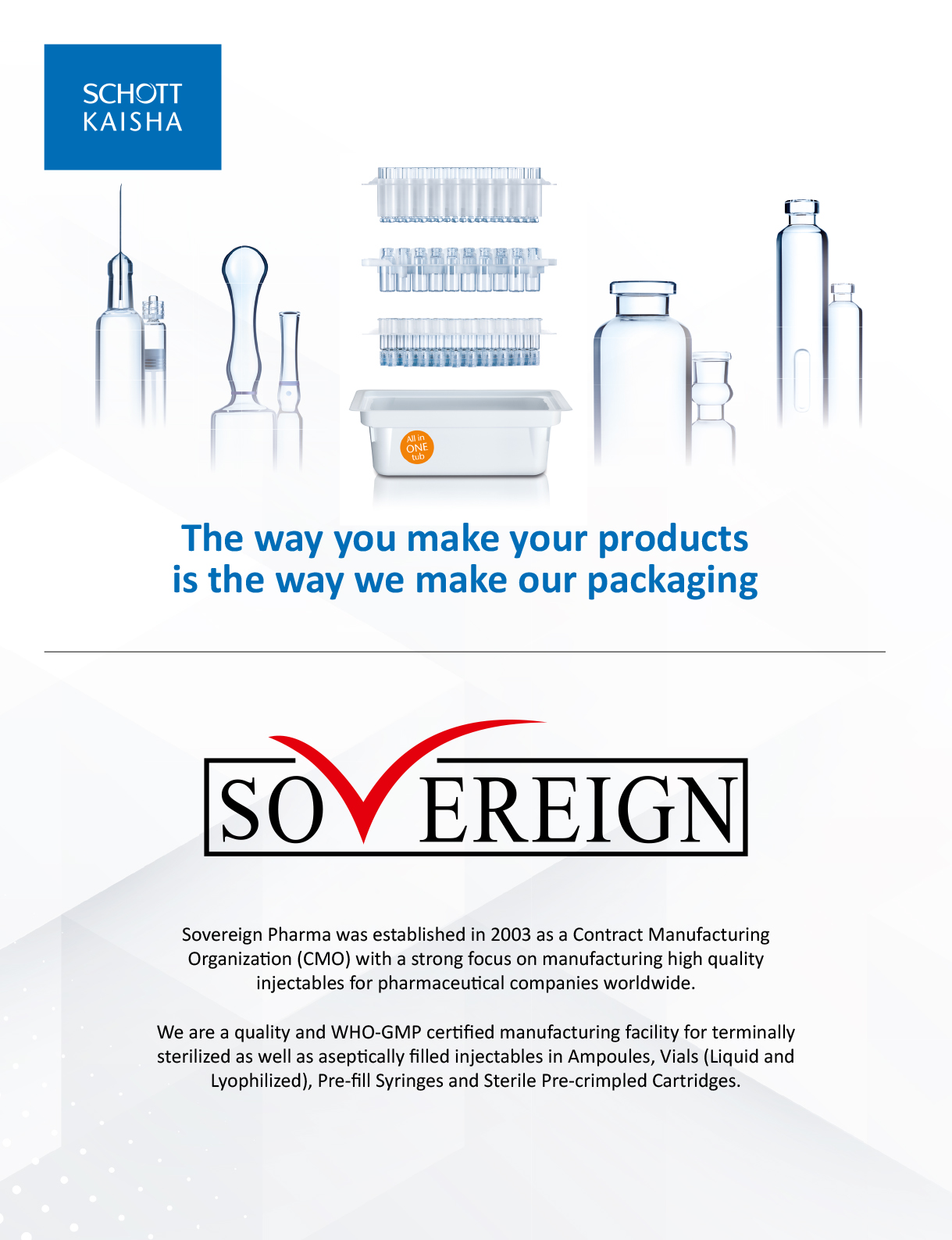While 2020 was the year we all became acquainted with the nasal poke of the COVID-19 test, 2021 was the year we were introduced to the COVID-19 vaccine’s metallic pinch. As controversial as it may be, vaccinations against the problematic virus are being rolled out across the world, with Indian multinational pharmaceutical firm Wockhardt playing a pivotal role in getting the vaccine to millions of people in the UK.
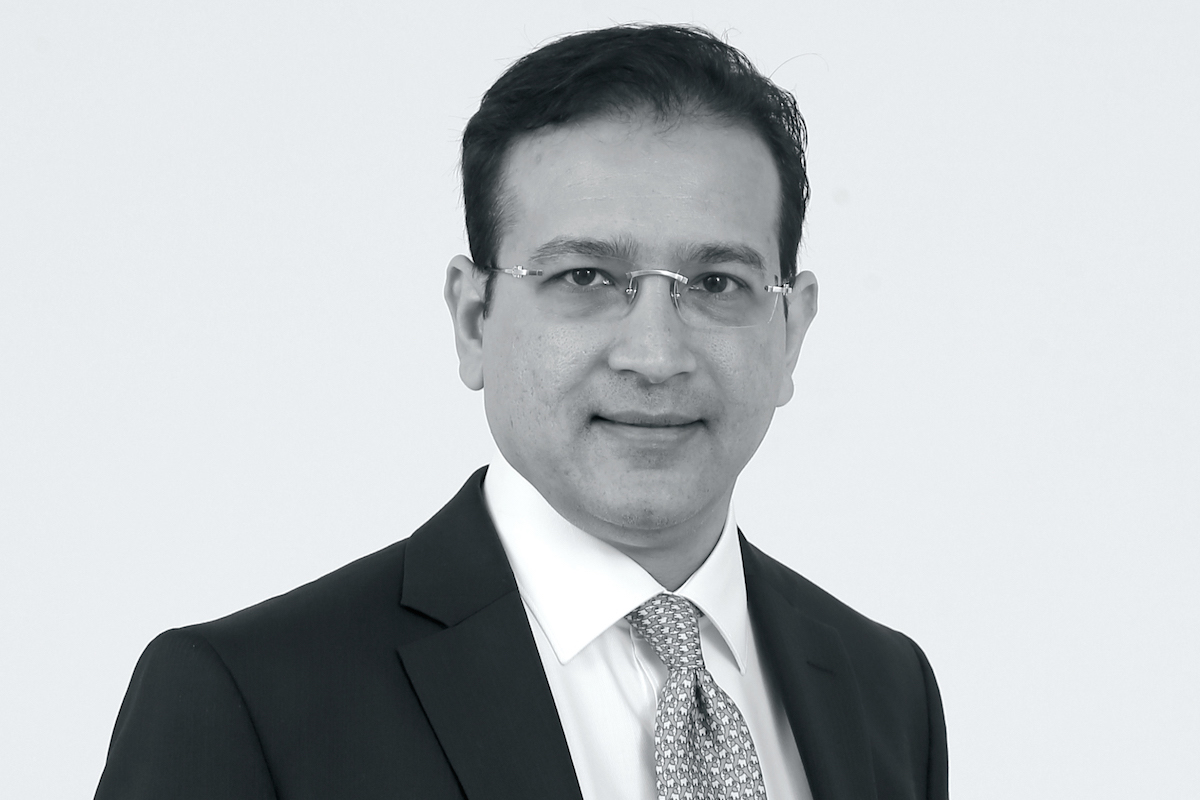
In August 2020, the Mumbai-headquartered company signed an 18-month agreement, later extended to 24 months, with the UK government to fill-finish COVID-19 vaccines from its facility in Wrexham, North Wales.
The deal not only helped ensure the UK had access to sufficient supplies, but it also grew Wockhardt’s profile on the world stage, explains Managing Director Dr Murtaza Khorakiwala. Admittedly it is a stage upon which the company has already established a considerable presence since it was first founded in 1967.
Now, more than 5,000 people of 27 different nationalities work for Wockhardt. It has operations in the US, UK, Ireland and France, as well as a marketing presence in a fast-growing number of emerging markets. The international markets currently generate around 80 per cent of the company’s revenue.
And the business is not solely built upon its expertise in vaccines. It has emerged as an expert in a range of areas of innovation, Dr Murtaza explains. “We have four basic growth pillars or verticals,” he tells The CEO Magazine.
“One is diabetes, where we are looking at the whole spectrum of oral anti-diabetes products and injectable biosimilar insulins. Second is drug discovery, where we are developing innovative new molecules in the antibiotic space. Third is the generic space where we have built a differentiated, complex product portfolio and last is vaccines because of our success with the COVID-19 vaccine in the UK. We are looking at expanding that opportunity.”
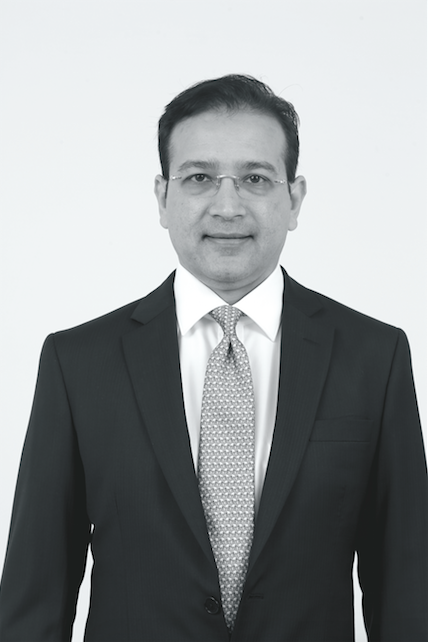
Diabetes is recognised as the world’s fastestgrowing chronic condition. In India, more that 77 million adults are living with the disease, a number expected to substantially rise to a staggering 134 million by 2045. This means there is tremendous opportunity in the diabetes space in the country, something which Wockhardt recognised early on. “Diabetes is a INR15,000 crore [US$2 billion] market,” Dr Murtaza stresses.
“We have a portfolio that covers oral diabetes products, injectable insulin, blood glucose devices and patient management. So we are looking at an integrated approach in diabetes management.” The longer-term plan is to develop biosimilar insulins for the US and European markets.
“Our diabetes portfolio is addressing a market of about US$40 billion,” he says. In January 2020, Wockhardt became the first Indian pharmaceutical company to get the drug regulator’s nod for two novel antibiotics for grampositive bacterial infections. These were the first ever antibiotics discovered and commercialised by an Indian company.
“This is our most innovative portfolio where we have discovered, developed and commercialised drug discovery products,” Dr Murtaza reveals. “We have been doing this research for the past 20 years, starting right at the discovery stage and today reaching a stage where we have introduced these two products in the Indian market last year. And we have another three products in phase three clinical development – two of which are injectables for the US and Europe.”

These new products satisfy an “unmet medical need”, which means the US regulator has classified them as a qualified infectious disease product. This special status is a fast-track to regulatory approval as well as five-year marketing exclusivity even after the patent has expired, Dr Murtaza explains.
“Basically, it helps incentivise companies to research in antibiotics drug discovery areas because they want to make sure that antimicrobial resistance, which is a growing menace in today’s world, is addressed by companies which are investing in research,” he says.
“So we are positioning our portfolio to address these unmet medical needs. We have a very good portfolio of five products in the antibiotics space and we are doing global developments of all five products, so that’s a major area of our focus in terms of research and growth.”
Much of the company’s impressive growth in recent years has been propelled by its consistent expansion in the global generics space. Its “aggressive” program has focused on three strategic platforms for launching generic products in advanced markets including injectables, blockbuster molecules going off patent and value-added generics. Wockhardt’s product pipeline is made up of less competitive and difficult-to-replicate products. Its generic business is very well-positioned in the UK, Dr Murtaza shares.
“We are among the top five generic companies in the UK and the number two generic company in the injectable space.” Through its partnership with the UK government, Wockhardt has supplied more than 50 per cent of the UK’s total requirement of the AstraZeneca vaccine from its Wrexham facility, according to Dr Murtaza.
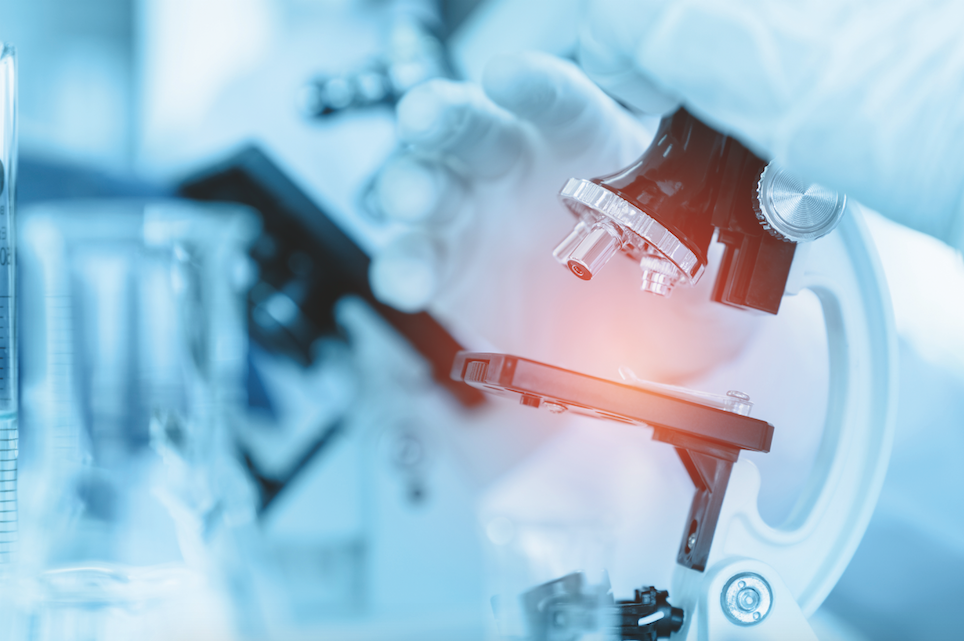
This facility has received visits from Prince Charles and UK Prime Minister Boris Johnson, and Wockhardt has been highly praised for its contributions towards the UK’s mass vaccination roll-out. It’s an impressive achievement that is borne out in the company’s financial results.
In the June quarter, its UK business grew by 86 per cent on the previous corresponding quarter, accounting for 47 per cent of its global revenue.
“That is a very good relationship of ours and we have done a very good job in terms of satisfying and meeting the pandemic need of the UK government, and we are looking to use that as a springboard or a stepping stone in order to look at our whole vaccine opportunity globally,” Dr Murtaza points out.
The company is currently in talks with various partners to make gains in this area, he reveals. In August the company teamed with the Russian Direct Investment Fund to produce and supply the Sputnik V and Sputnik Light COVID-19 vaccines. Over the years, Wockhardt has been strategic in the creation of its “unique” portfolio, choosing to avoid cluttered areas of the industry where competition is fierce rather than chasing a quick buck.
“The key areas we have identified where we want to play are not hyper-competitive areas,” Dr Murtaza explains. “For example, with our insulin portfolio, there are not too many players in the world, maybe four or five. And with the drug discovery antibiotics, we’re unique in terms of depth and breadth of portfolio addressing unmet medical needs.”
Its strength in foreign markets like the UK also sets it apart from other players while its “complete, integrated approach” means it offers a one-stop shop for certain conditions. “We have the oral hypoglycaemic medications, we have the injectables portfolio, we have the monitoring devices and also a patient management tool,” he says.
“So we have an integrated approach, and second, we are backwardly integrated as well as forwardly integrated – we’re talking an end-to-end value chain, right from research and development to formulation to commercialisation.” Indeed, with the spotlight shining firmly on Wockhardt, it is the perfect time for commercialising novel antibiotics to climb the company agenda.
“We have already commercialised our first novel antibiotic, EMROK, in India and the clinical response from doctors has been quite positive,” he shares. “We now have to replicate our model outside India, in the US, Europe and other markets.”
Although the company is instead taking more of a business-to-business approach to sales and marketing in many emerging markets, Dr Murtaza is seeking to identify three to five big emerging markets to make a bigger investment in its internal capabilities.
“Also in Europe, UK and in the US where we may want to do it ourselves because we have a broad portfolio of four to five products.” The next 12–18 months will also see the company work on its financial performance in terms of both growth and profitability. “From a developmental point of view, I would look at our new product and portfolios, meeting our timelines and obtaining approvals,” he says.
“Third is the digital adoption that we would like to do. We have started a journey and we believe it can have a significant impact in different areas of the business. We will see how we can re-use that experience over the next couple of years and look at transforming some of the processes that we have; not incrementally, but exponentially. So that could be another very important aspect to look at.”
Wockhardt is in an enviable position, having established itself firmly overseas and well-placed to capitalise on growth in India. The June quarter saw its Indian business grow 31 per cent, accounting for 18 per cent of global revenue. “As an organisation, we are transforming from a generic kind of business to an innovation-led organisation,” Dr Murtaza reflects. “We are adding various pieces to our business, which will significantly contribute to the group.”
Proudly supported by:
